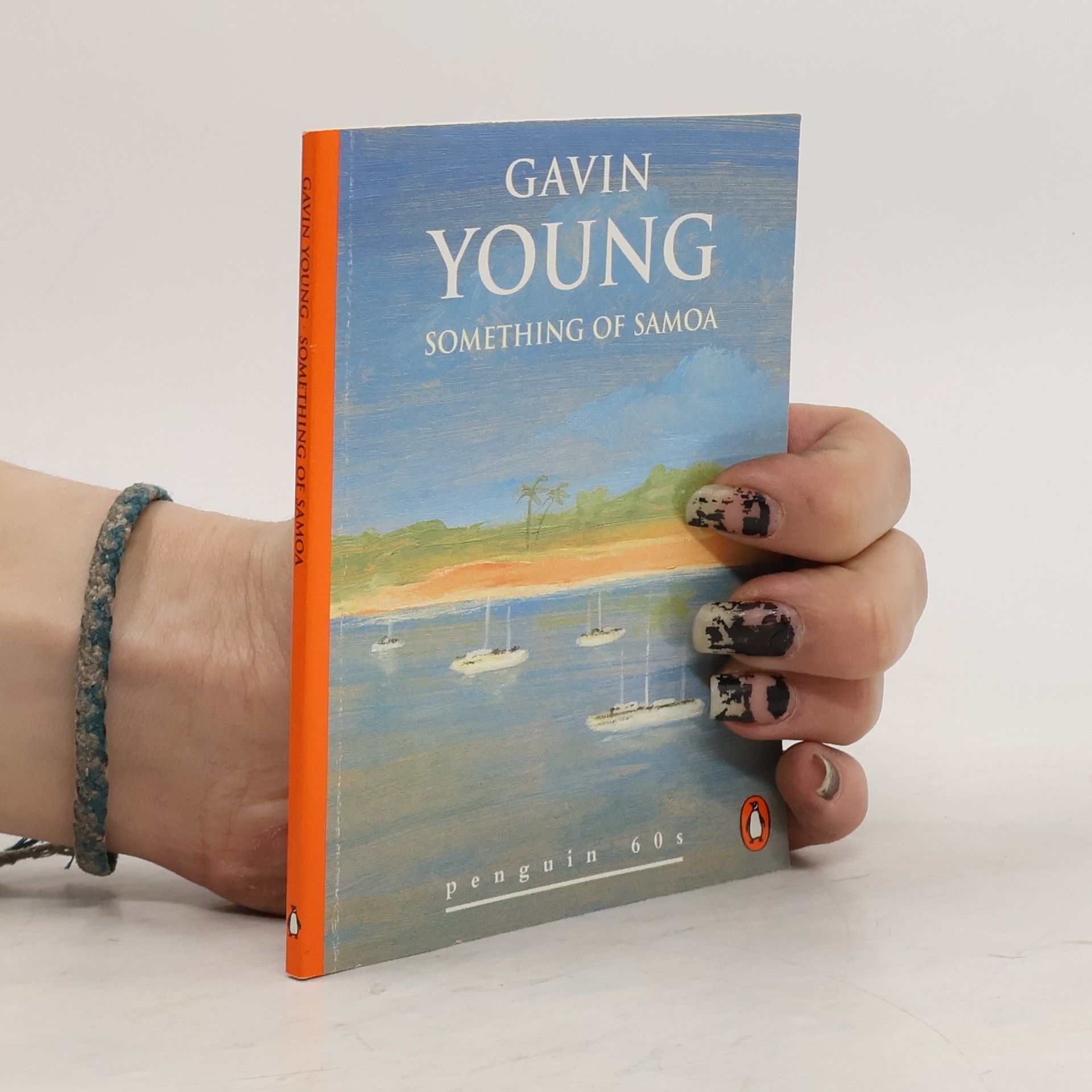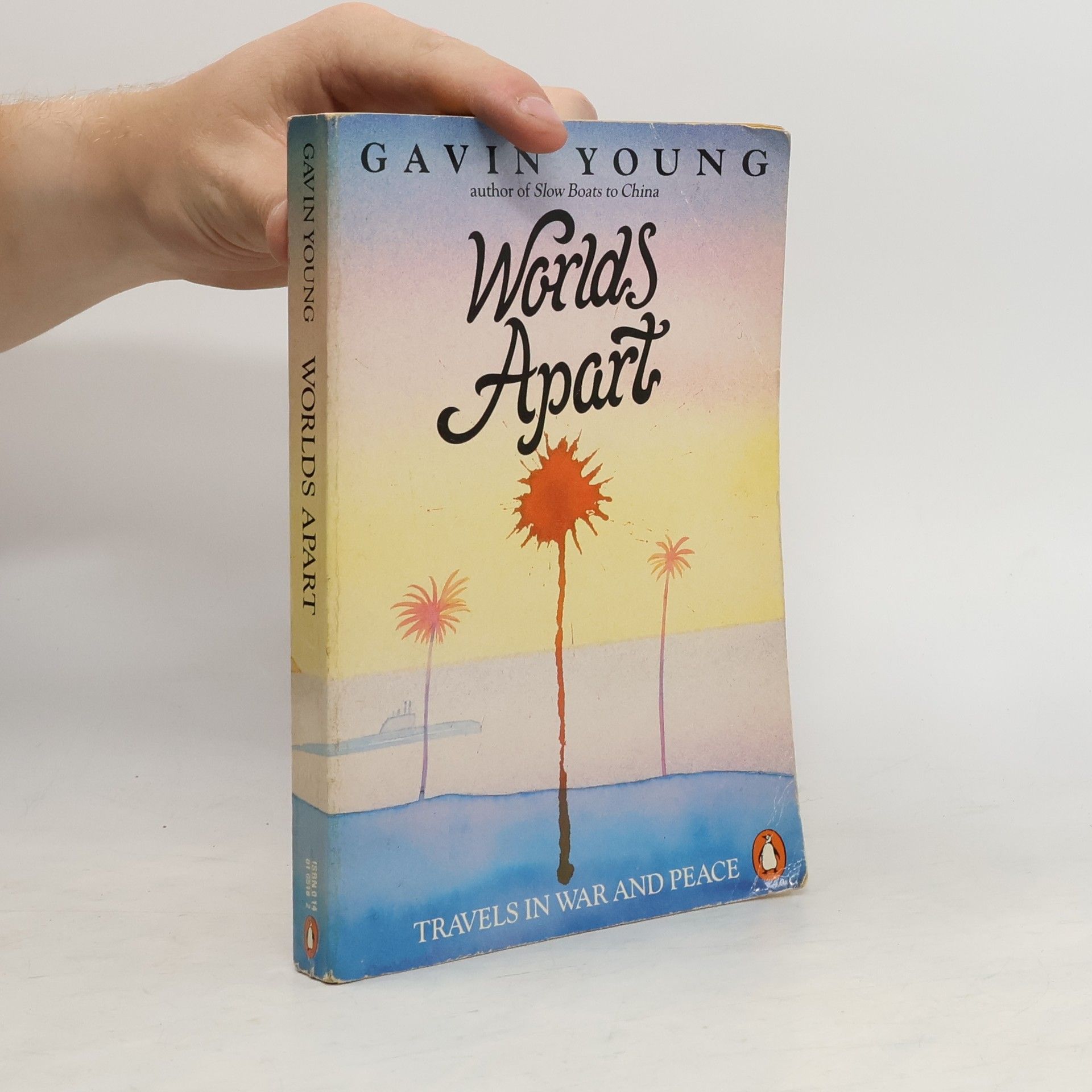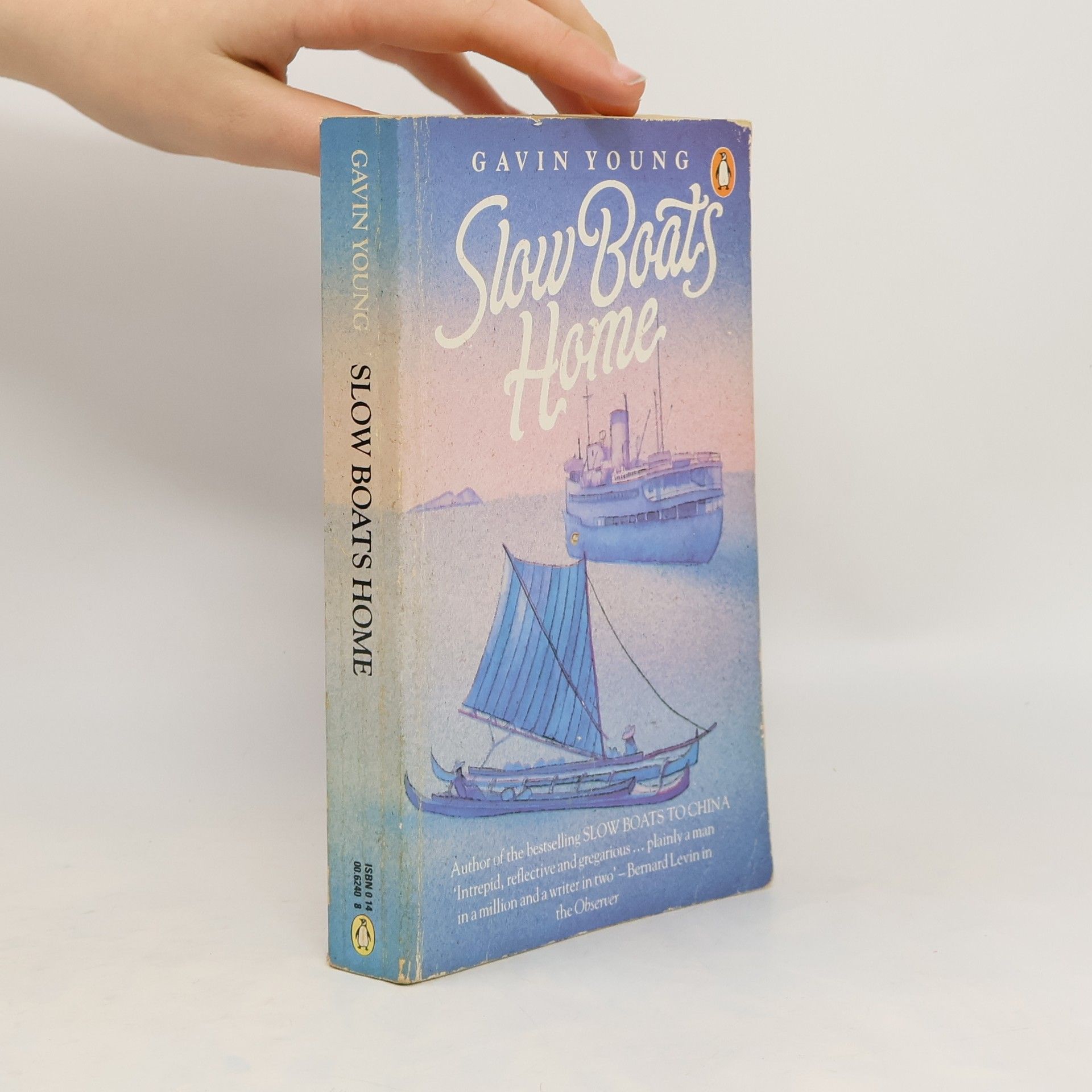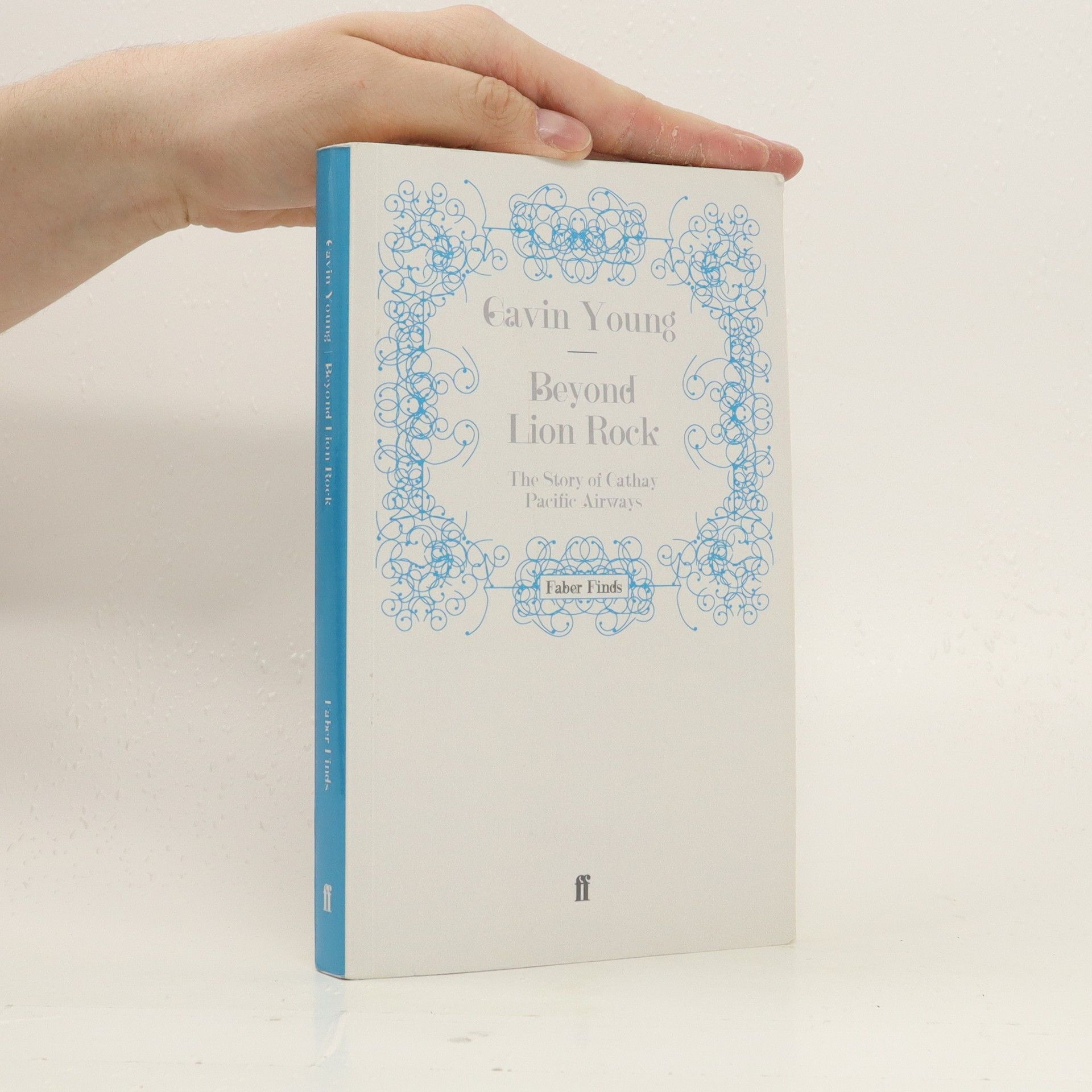Beyond Lion Rock
- 264pagine
- 10 ore di lettura
In 1946 Roy Farrell and Syd de Kantzow's beloved, battered wartime DC-3 touched down in Shanghai for the first time. On board was a cargo of morning coats and toothbrushes from New York, forging the first post-war supply route across the treacherous eastern Himalayas. The international airline now known as Cathay Pacific was born. Gavin Young tells the swashbuckling story of an empire of the air, a thrilling, action-packed adventure that began in an era closer to Biggles and biplanes held together by wire and safety pins than to our own. 'Pioneers like Farrell and de Kantzow would have had plenty of time to enjoy the dawn over Kangchebjunga. Would thye think of us with envy or contempt, cruising seven miles up with hundreds of passengers, air-conditioning, i-flight concerts, movies, hot four-course meals with an elaborate wine line and all mod-cons? . . . All this in forty years! Could the world have changed so much and so fast?' This is Gavin Young himself eloquently reflecting on the extraordinary changes in air travel. There can be little doubt where his own sympathies lie.




